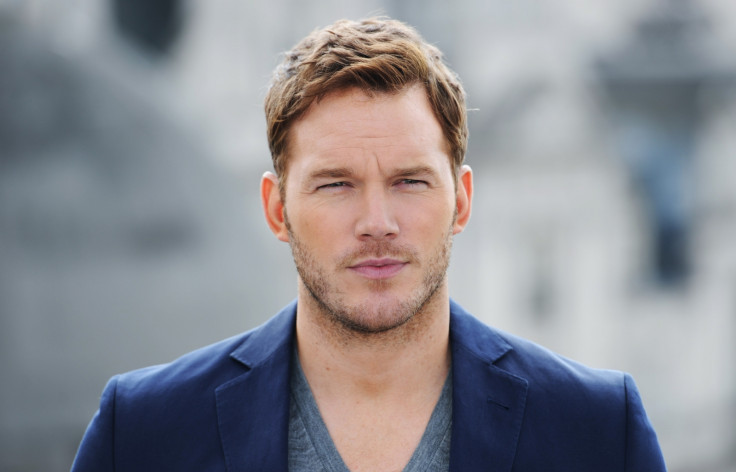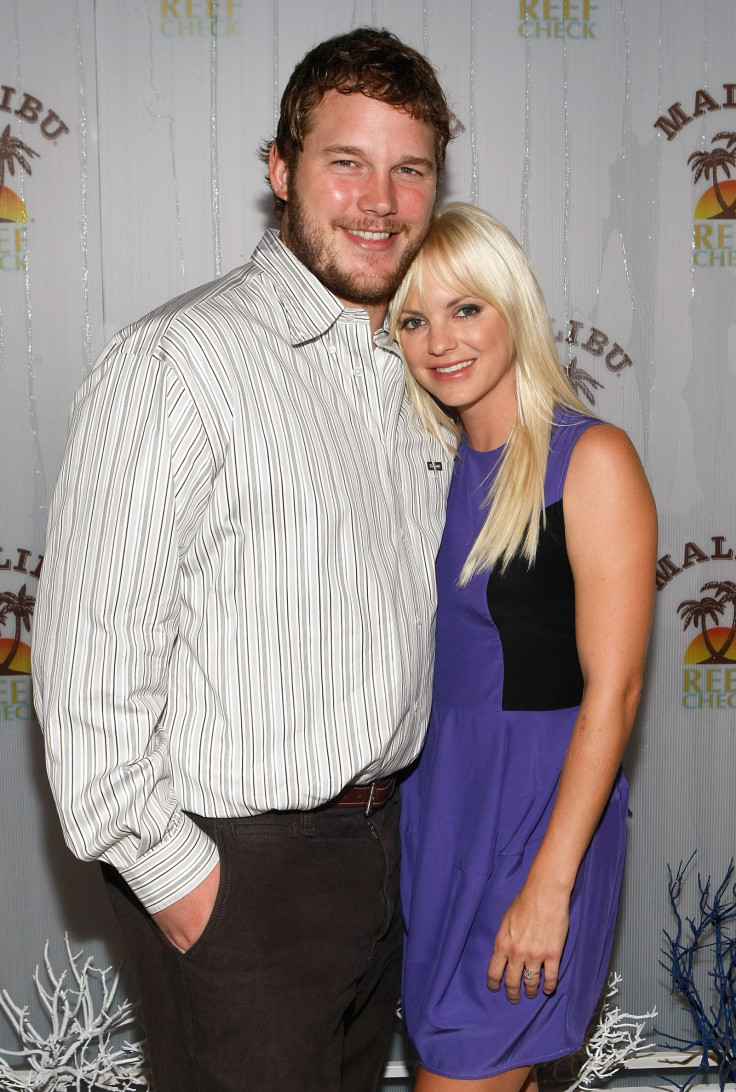'Chubby' Chris Pratt and the quest for the perfect male body
Pratt revealed he missed out on roles for being "too fat" - what hope is there for the rest of us?

It's probably not the best time of year for any of us to show off our physique. A fortnight or so of festive high indulgence and couch-dwelling have left many of us a little doughier than we'd really like to be.
So, when we learned that Hollywood heartthrob and former 'Sexiest Man Alive' Chris Pratt was once told he was "too fat" to star in the film Moneyball, it's certainly not going to help with our collective body image issues.
For many, the post-Christmas exercise is long overdue. I don't need to bore you with the well-documented benefits to both body and mind of breaking into a sweat a few times a week – but for some, this quest for health can become an unhealthy obsession.
The question is why, for so many of us, a huge proportion of our time, money and headspace is taken up by the quest for physical perfection? The answer, much like Chris Pratt's abs, is often staring us in the face.
Pratt had been on TV and movie screens for years before landing his first major lead role in Guardians of the Galaxy. But, according to the man himself, his lack of a six-pack almost cost him that career-defining part.
The story goes that when he arrived for the casting session the director, Jim Gunn, was reportedly overheard saying: "Who do we have next? Chris Pratt? What the f**k? I said we weren't going to audition the chubby guy from Parks and Rec." Despite the impressive career he'd had up to that point, Pratt had already been discounted because he was apparently too fat for the role of Star Lord.
If you actually look at Pratt's character in Parks and Recreation, Andy Dwyer, he's anything but 'chubby'. He's a perfectly normal-looking guy. In reality, what this means is that whilst playing the part of an average man, Pratt wasn't walking around with a dangerously low body-fat percentage and wasn't hiring personal trainers to make him look like Michelangelo's David. In short, he simply wasn't good enough.
Now I'm fully aware that Guardians of the Galaxy is about superheroes, and that superheroes are, by definition, meant to be superior beings. For the leading role, they were looking for something specific, but these are fictional characters. We can't expect actors to maintain impossible standards of body perfection at all time. I'm not saying that actors shouldn't attempt to look a certain way for specific roles, but directors need to take more responsibility for the mental and physical wellbeing of those they hire.
Bobby Holland Hanton, who is Chris Hemsworth's body double in Thor, has previously described how difficult his diet was to maintain while training for the role. Muscle & Fitness Magazine pointed out that 'Chris Hemsworth workout' was, at one time, the top search suggestion when you Googled the actor's name. Similarly, if you type in 'Chris Pratt Guardians', then a suggestion suffixed with 'diet' will also come up – with a plethora of advice articles. And some other helpful questions you might want to ask:

For decades now, women have been bombarded with body-shaming imagery suggesting they're not as desirable as they should be. The inevitable consequences on the female psyche are well-known, but this issue is no longer female-only, and the attitude towards actors such as Pratt is only exacerbating the problems that men are now struggling with.
In an interview with Esquire, Pratt said: "When Guardians of the Galaxy was pitched to me, I said, "I don't think so." I just didn't picture myself getting the role. I didn't want to go and embarrass myself like I did when I auditioned for G.I. Joe a couple of years previously. I went in there, and halfway through I saw the director's eyes just glaze over. It made sense –I was a little heavy and out of shape. I was not gonna play someone from G.I. Joe. I did not look like a G.I. Joe action figure come to life."

Every time a story like this trickles through, it adds to the voices inside us all telling us we're not beautiful enough. The pressures on actors to maintain their physique must be extreme, but Pratt was called out while playing the role of a normal human. He wasn't fat. He wasn't even 'TV fat'! Yet he was still meant to feel ashamed.
That mentality only serves to increase the pressure on we normal folk to conform to these ridiculous ideals and makes us feel inferior if we can't see all our own ribs.
The symptoms of those pressures are now starting to show, too. Men now make up 20% of those with eating disorders, and some estimates suggest there's been a 600% increase in steroid use in some parts of the UK in the last 10 years. A 2014 study found that 38% of men would sacrifice at least a year of their life in exchange for a perfect body.
Last year it was warned that one in 10 men training in UK gyms could have muscle dysmorphia, a condition that can lead to depression, steroid abuse and even suicide. It is also known as bigorexia, an anxiety disorder that causes someone to see themselves as small despite being big and muscular.
By filling our screens with impossible perfection and shouting at the stars we're supposed to look up to for not adhering to impossible ideals, Hollywood is not only failing its employees, it's also failing audiences. Given that viewers are increasingly turning to Instagram to continually judge books by their covers, the knock-on effects would continue to drive youngsters towards dangerous activities to achieve the look they want.
We all need to work towards redefining what a healthy body looks like, and it's far more Andy Dwyer than it is Star Lord. What's more, these Hollywood haters need to be called out for their archaic attitudes so the industry can take responsibility for how their actions can damage their audience.
Chris Hemmings is a producer at LBC Radio.
© Copyright IBTimes 2025. All rights reserved.






















